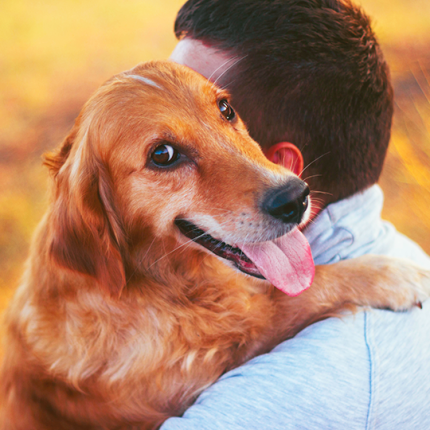Can dogs eat turkey? Understanding the benefits of feeding turkey to your dog.

Can dogs eat turkey? Understanding the benefits of feeding turkey to your dog.
For starters, yes, dogs can eat turkey! Turkey is packed full of beneficial nutrients for your dog and is an excellent protein option to include in a well-rounded raw diet. Whether you choose to feed your pet a pre-made and ready-to-serve complete and balanced raw meal or you prefer to DIY their diet with raw parts, turkey is a nutritional powerhouse for dogs.
In this article we’ll discuss the benefits of turkey for dogs, why you may choose turkey over other protein options, and some important precautions to keep in mind when feeding your dog.
Is turkey good for dogs?
Yes, turkey is good for dogs. There are plenty of nutritional and health benefits to feeding your dog turkey. For starters, turkey is an excellent source of protein – helping to fuel your pup with energy – and other essential nutrients, including the following.
Turkey is full of important amino acids.
Turkey is a great natural source of essential amino acids (the “building blocks” of proteins) which play an important role in many bodily functions such as muscle growth, enzyme activity, tissue repair, and balancing hormones. For example, brain-friendly amino acid Tryptophan is plentiful in turkey and is critical for supporting the health of our dogs because it leads to the production of serotonin. Additionally, turkey hearts provide a great source of the amino acid Taurine which aids in keeping dogs’ hearts healthy and strong.
Turkey is a great natural source of essential vitamins and minerals for dogs.
Turkey is also high in B vitamins, which are key to supporting healthy skin and promoting an efficient metabolism.
Glucosamine and chondroitin are two additional compounds found in the cartilaginous bone of turkey, offering support to the connective tissues and joints in dogs, and may also help alleviate arthritic pain.
Why would you choose turkey over another protein to feed your dog?
As we’ve touched on, turkey is packed with protein and other essential nutrients and can thus play a huge part in supporting optimal nutrition for your dog. You may choose to incorporate it in their diet as one of several protein sources that you vary and balance over time, or you may choose turkey as a substitute for other protein options that your pet may not tolerate.
Turkey is a great alternative to chicken for dogs who may have dietary restrictions.
Turkey can be a great option for dogs who may be allergic to chicken or have some sort of other chicken intolerance. It is a mild protein and often well-tolerated by dogs with food allergies or other health conditions that require a bland diet.
Turkey can help with weight management in your dog.
In general, turkey is a leaner protein than other proteins like beef, pork, or lamb. Dogs who need a low fat diet can benefit from raw meals that incorporate turkey. The Carnos Boneless Ground Turkey is medium-fat and can serve as the perfect foundation for a great lean meal option for dogs who need a low fat diet. Check out this low-fat DIY raw dog food Harvest Bowl recipe that incorporates turkey as its main protein source.
Some precautions to keep in mind.
While turkey muscle meat and other turkey parts are a delicious and nutritious food source for your dog, there are some important precautions to make sure you keep in mind when preparing your pet’s meals.
Do not feed cooked turkey bones to your dog.
While raw meaty bones are perfectly safe and healthy to feed to your dog, make sure to never feed cooked bones of any kind to your dog. When bones are cooked, they become brittle and, because of this, are very likely to splinter into shards that can do a lot of damage to your dog. So instead of sharing leftover Thanksgiving cooked turkey bones with your dog, try giving them raw turkey necks instead.
Do not feed your dog seasoned turkey.
Meat prepared for humans is often seasoned with spices that could negatively impact our dogs’ health. If you choose to feed your dog lightly cooked meat instead of a truly raw diet, make sure to never feed them meat that has been seasoned at all.